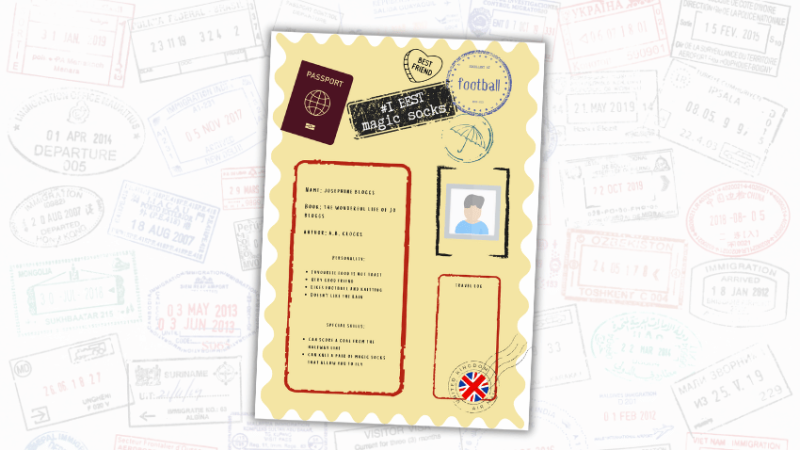Graphemes – 9 of the best phonics worksheets and resources for KS1 and KS2 reading
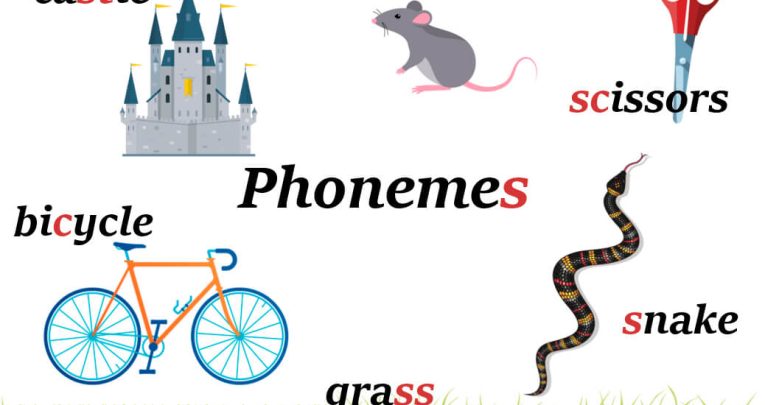
Help primary children get to know their graphemes to help their reading and writing skills soar, with these lessons, ideas, activities and more…

- by Teachwire
- Classroom expertise and free resources for teachers

What is a phoneme?
A phoneme, in phonics, is the smallest unit of sound in a given language. These sounds are ‘blended’ together to form words.
What is a grapheme?
The definition of a grapheme, then, is a letter or combination of letters that represents a phoneme in written language.
Phonemes can, and often do, have multiple graphemes. For example, the phoneme /c/ can be represented by the graphemes ‘c’, ‘ck’, ‘k’, ‘q’ and ‘ch’ as they are in the words ‘cat’, ‘duck’, ‘kid’, ‘Iraq’ and ‘chord’ respectively.
Grapheme examples
These are just some of the graphemes that can represent these phonemes
- /f/ – ‘f’, ‘ff’, ‘ph’, ‘gh’ (fish, puff, phone, enough)
- /j/ – ‘j’, ‘g’, ‘ge’, ‘dge’ (jar, geography, huge, budge)
- /m/ – ‘m’, ‘mm’, ‘mb’ (mother, hammer, lamb)
- /ng/ – ‘ng’, ‘n’ (sing, uncle)
- /sh/ – ‘sh’, ‘s’, ‘ch’, ‘si’, ‘ti’ (shine, sugar, chef, fusion, action)
1 | Year 1 phonics phase 4 comprehension worksheets

Support teaching of phase 4 phonics with this pack of five illustrated worksheets.
The activities allow pupils to develop their comprehension skills, applying their knowledge of reading CVCC and CCVC words to produce responses through drawing and writing – and allowing for easy differentiation.
2 | Year 1 phonics phase 5 comprehension worksheets

Moving on to phase 5 phonics, there are four reading comprehension worksheet bundles available here.
Each pack contains various themes:
- Pack 1: At the beach, dragons and superheroes
- Pack 3: Visit to London, five little monkeys and woodland animals
- Pack 3: My teddy bear, insects and I’m a little teapot!
- Pack 4: Little brown mouse, picnics, the forgotten doll
Click the links above, or find them all here.
3 | Teach phonics with doughnuts KS2 lesson plan
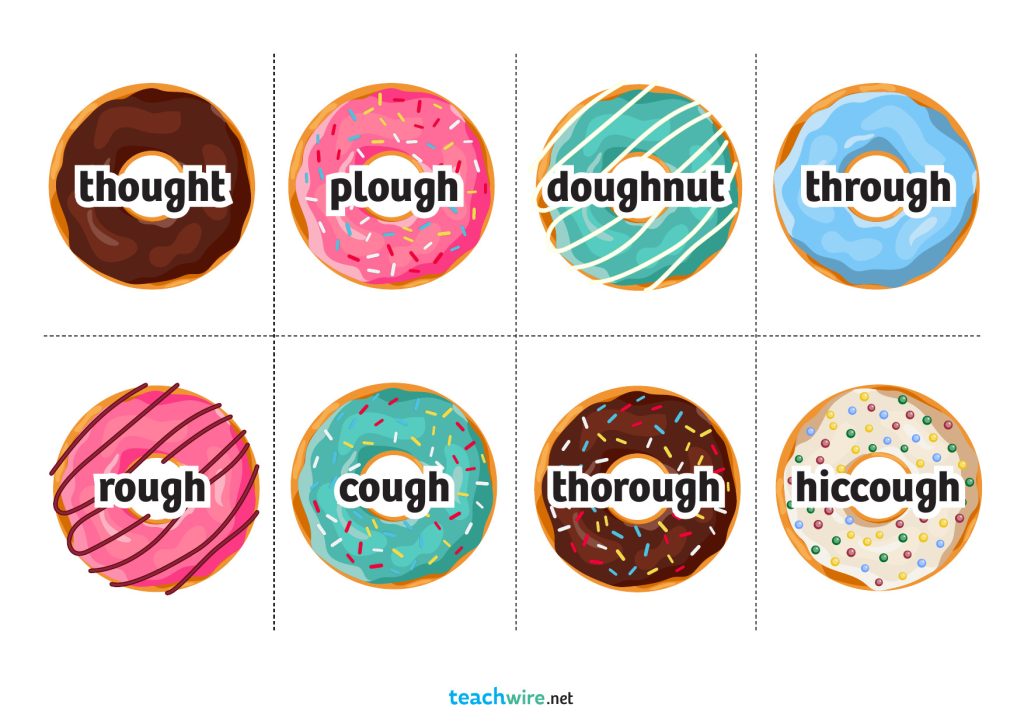
Set up an imaginary baked goods delivery service to explore the ‘ough’ spelling with Cara Fairhall’s Key Stage 2 literacy lesson.
The ‘ough’ spelling is a tricky one – it can represent so many different sounds and there’s no obvious pattern for how it might sound in any given word, whether that’s the /or/ sound in ‘thought’, /ou/ in ‘plough’ or /oa/ in ‘doughnut’.
So, this lesson involves children running their own imaginary doughnut delivery service in teams of two, deciding which sound the ‘ough’ spelling makes in various different words.
Conclude activities by penning and performing your own ‘ough’-themed poems, using all the words you’ve discovered.
Download this complete lesson plan here.
4 | ‘ow’ grapheme phonics worksheet
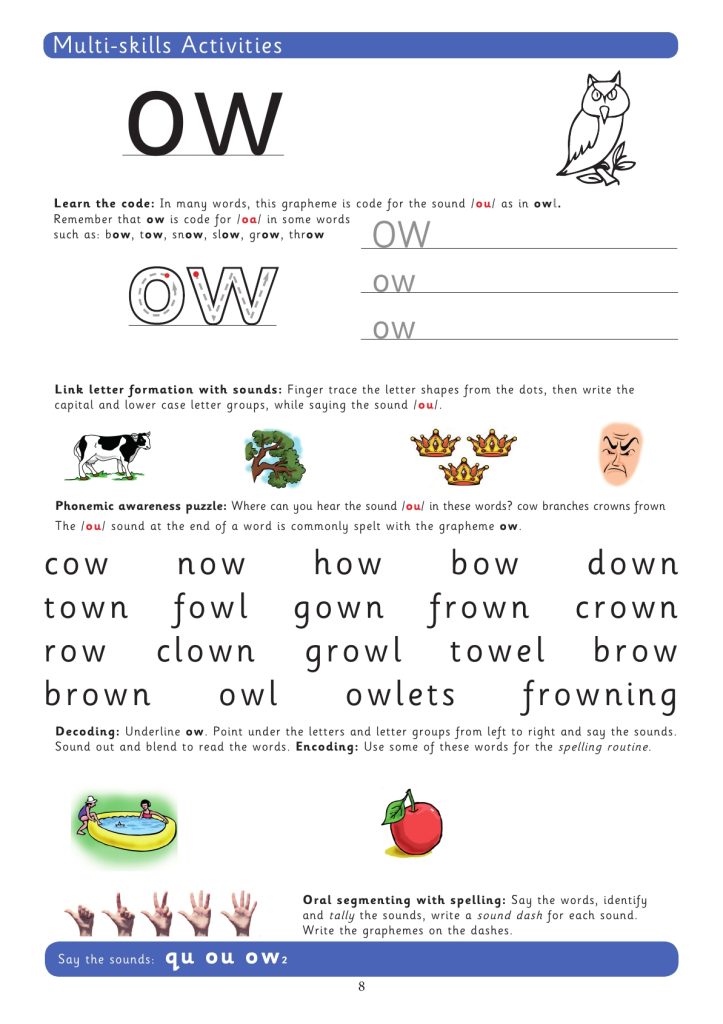
This is a sample from No Nonsense Phonics Skills – a comprehensive step-by-step method of teaching reading, handwriting and spelling. This worksheet, taken from Pupil Book 6, provides exercises and a ‘mini story’ for the grapheme ‘ow’.
5 | Online grapheme quizzes
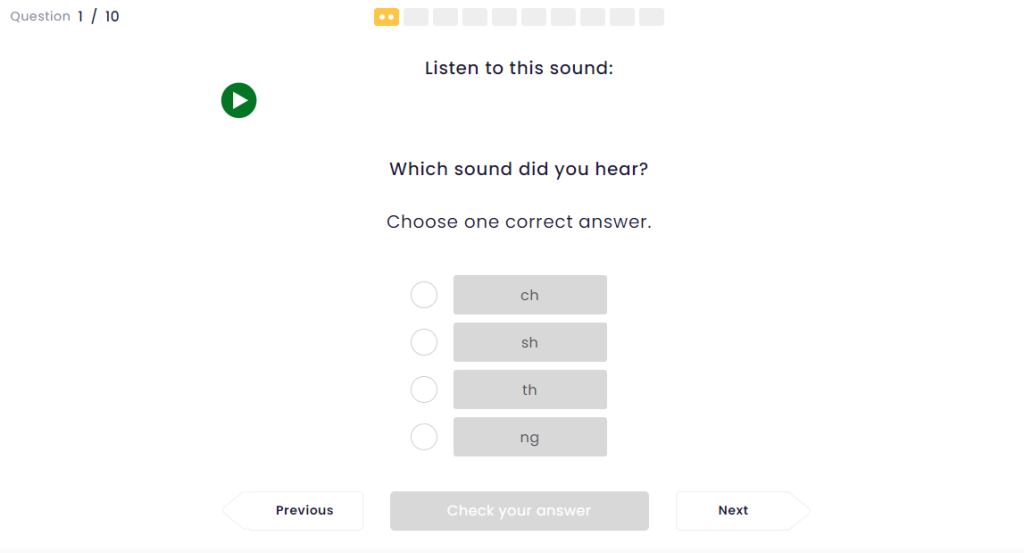
Over at EdPlace there are 63 interactive quizzes children can try where they listen to the sounds and try to select the correct grapheme from a few options.
They cover digraphs, reading and spelling phonemes and much more.
Check out the full range here.
6 | ‘Ay’ sound phonics writing pack
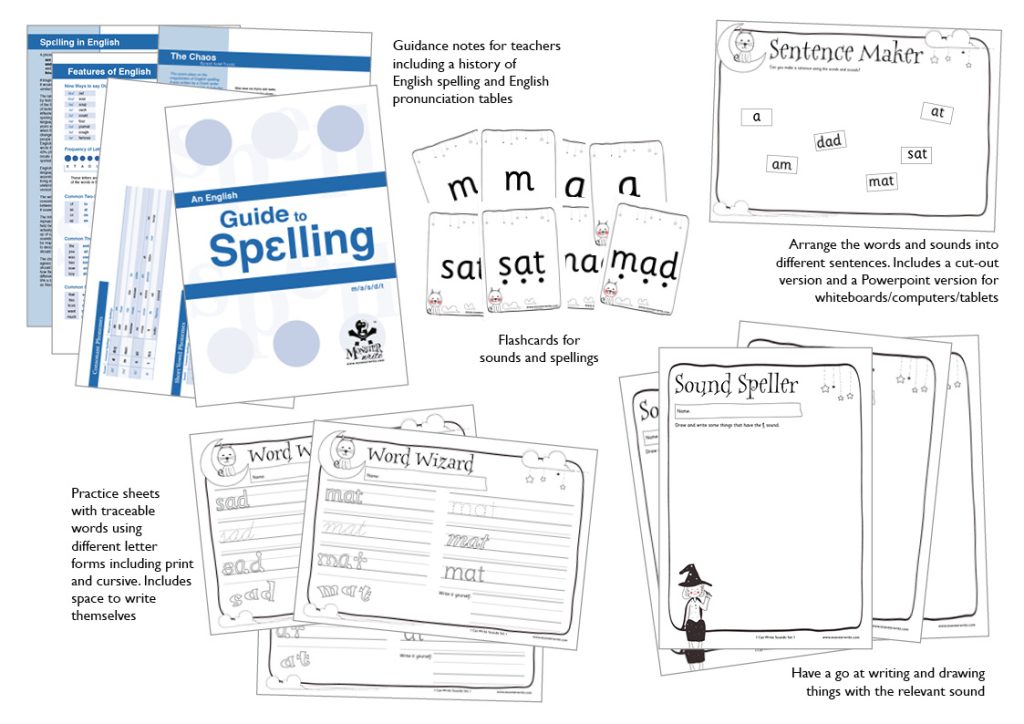
This EY/Year 1 resource set of phonics resources looks at words which use the ‘ay’ sound.
It includes guidance notes for teachers, practice sheets with traceable words using different letter forms, flashcards for sounds and spellings, a sentence maker to arrange the words and sounds into different sentences and a sound speller to have a go at writing and drawing things with the relevant sound.
7 | Jolly Phonics resources
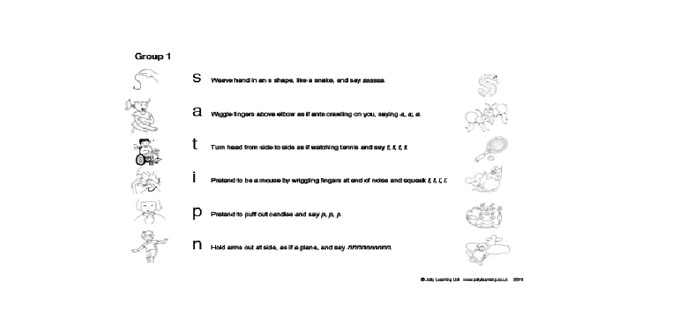
This collection of Jolly Phonics resources for KS1 and KS2 cover a range of topics:
- What is Jolly Phonics?: A four-page guide giving a general overview of the Jolly Phonics programme for teaching literacy skills
- Jolly Phonics teaching steps: A teaching steps sheet produced by which aims to provide a clear structure for how to teach Jolly Phonics letter sounds and skills, alongside teaching tips and advice for the order of teaching reading and writing with Jolly Phonics
- Jolly Phonics word bank: This 15-page document contains a comprehensive collection of example words for each of the 42 letter sounds. Each entry can be used for segmenting (blending and identifying sounds in words) practice with children
- Jolly Phonics actions worksheet set: Seven worksheets illustrating all 42 letter sounds and their associated actions
- Pupil checklist: This end-of-year checklist can be used to assess the progress of individual pupils, enabling you to quickly identify any gaps in progress
- Teacher checklist: This 3-page self-assessment tool, enables teachers to evaluate whether they are teaching Jolly Phonics correctly and reflect on their practice
8 | Phonics Bloom
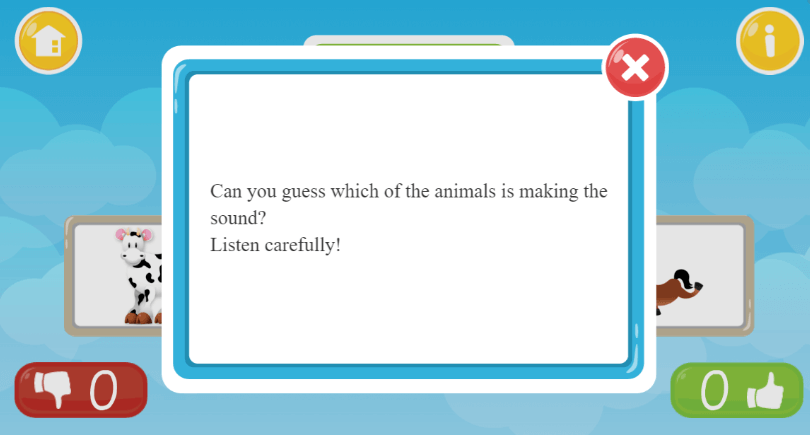
For phonics games that are free to play online, Phonics Bloom has a selection organised by Phase. Some require a subscription, but many are free to play without even needing to sign up.
9 | Teach Your Monster to Read
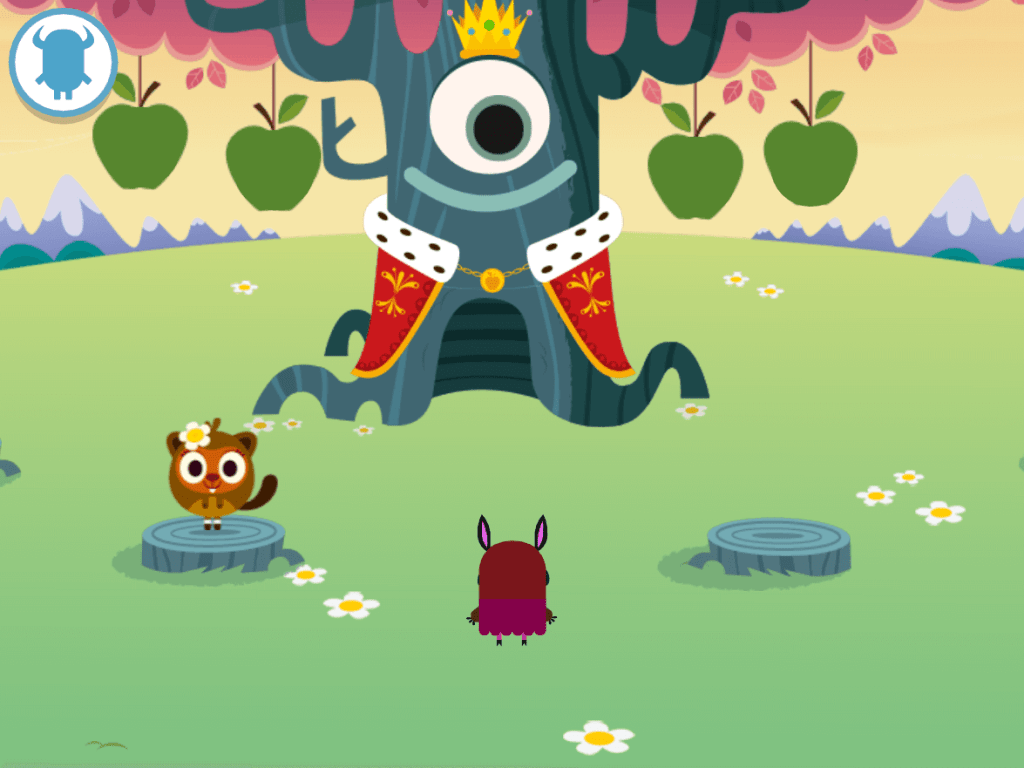
This award-winning game makes learning to read fun, and is aimed at children in the first stages of learning to read, or for older children who need a bit more practice.
It covers everything from letters and sounds to reading full sentences and complements all synthetic phonics programmes used in schools.
It’s beautifully illustrated and narrated, you sign up yourself then let pupils create their own monster (rather than children putting their details in), and while it’s available on tablets, the computer version is absolutely free to play.



